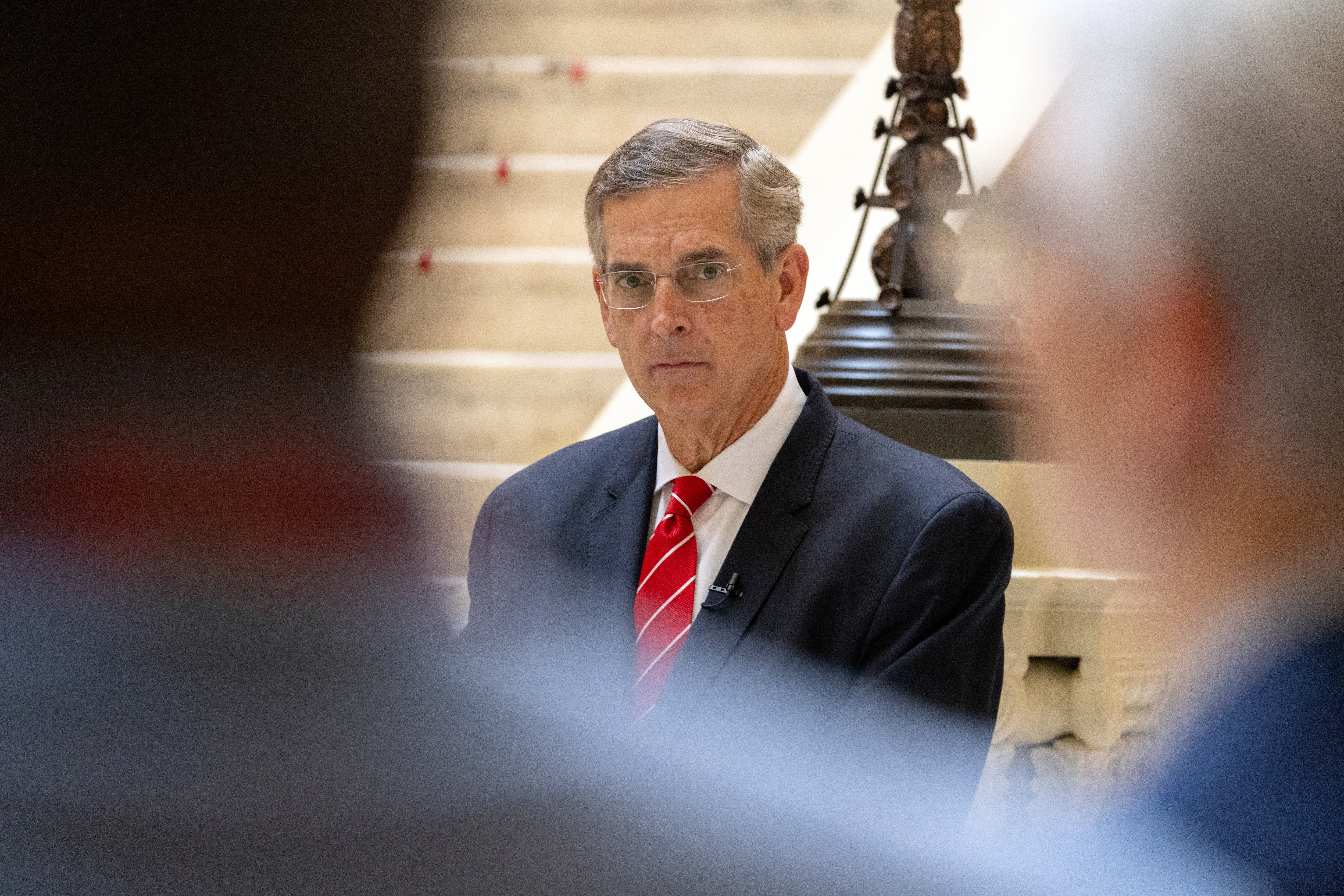Votebeat is a nonprofit news organization reporting on voting access and election administration across the U.S.
This news analysis was originally distributed in Votebeat’s free weekly newsletter. Sign up to get future editions, including the latest reporting from Votebeat bureaus and curated news from other publications, delivered to your inbox every Saturday.
The government’s approach to voting rights is changing fast under the new administration, and a complex, closely watched redistricting case out of Louisiana shows just how fast.
On Jan. 16, the U.S. solicitor general, who represents the government in court, asked the Supreme Court to allow the federal government to participate in upcoming oral arguments in the Louisiana case.
But on Jan. 24, four days after Donald Trump was inaugurated as president, the acting solicitor general withdrew that request. Her filing said the government no longer supported its earlier argument that the district court had erred in its ruling.
“Following the change in Administration, the Department of Justice has reconsidered the government’s position in these cases,” the Jan. 24 filing read. “The purpose of this letter is to notify the Court that the previously filed brief no longer represents the position of the United States.”
Two different positions. Eight days apart.
The case will continue regardless of the federal government’s participation, and as always, the justices are free to consider whatever legal arguments they choose. But the government’s shift under the new administration shows how quickly the legal ground is shifting on voting rights cases. As Votebeat reported in January, the Justice Department has also withdrawn from a voting rights case it had brought last year against Virginia over the removal of names from voter rolls.
Such about-faces aren’t unprecedented after a new president takes office — the first Trump administration and the Biden administration also changed the government’s positions on some matters before the courts. But they’re not common either, lawyers said.
“The solicitor general tries to maintain continuity, and has credibility with the justices based on that continuity,” said Justin Levitt, a constitutional law expert and a professor at Loyola Law School.
At this point, even judges are anticipating changing positions from the government on voting rights cases, and asking the Justice Department to clarify its intentions — something that Levitt noted is unusual.
Take a long-running redistricting case underway in U.S. District Court for the Western District of Texas. In that case, the Justice Department alleged that Texas’ political maps violated the Voting Rights Act. But a week after Trump took office, judges noted that the department had ordered a pause on ongoing civil-rights litigation and asked the government to state whether it intends to pursue its claims. The Justice Department promised an answer by mid-March.
And after the new U.S. attorney general, Pam Bondi, was sworn in this month, she received a formal request from Georgia Secretary of State Brad Raffensperger, asking that the Justice Department drop an ongoing lawsuit over Georgia’s 2021 overhaul of its election laws.
Under Biden, the Justice Department had contended that the law “was enacted with a racially discriminatory purpose” and violated the Voting Rights Act, Raffensperger noted. But he said record turnout in Georgia since the law was passed shows those allegations are untrue.
As in the Louisiana, Virginia, and Texas cases, there are private plaintiffs involved. If the Justice Department withdraws from the suit against Georgia, legal wrangling will continue.
And private parties, such as voting rights and civil rights groups, are frequently in the vanguard in such cases, notes Danielle Lang, the senior director of voting rights at the Campaign Legal Center and a lawyer who represents some plaintiffs in the Virginia case.
Under some previous administrations, the Justice Department has brought few voting rights cases, Lang said.
Still, she said, “it’s unusual for there to be such telegraphing that a department is going to make such about-faces.”
Carrie Levine is Votebeat’s interim editor-in-chief and is based in Washington, D.C. She edits and frequently writes Votebeat’s national newsletter. Contact Carrie at clevine@votebeat.org.



